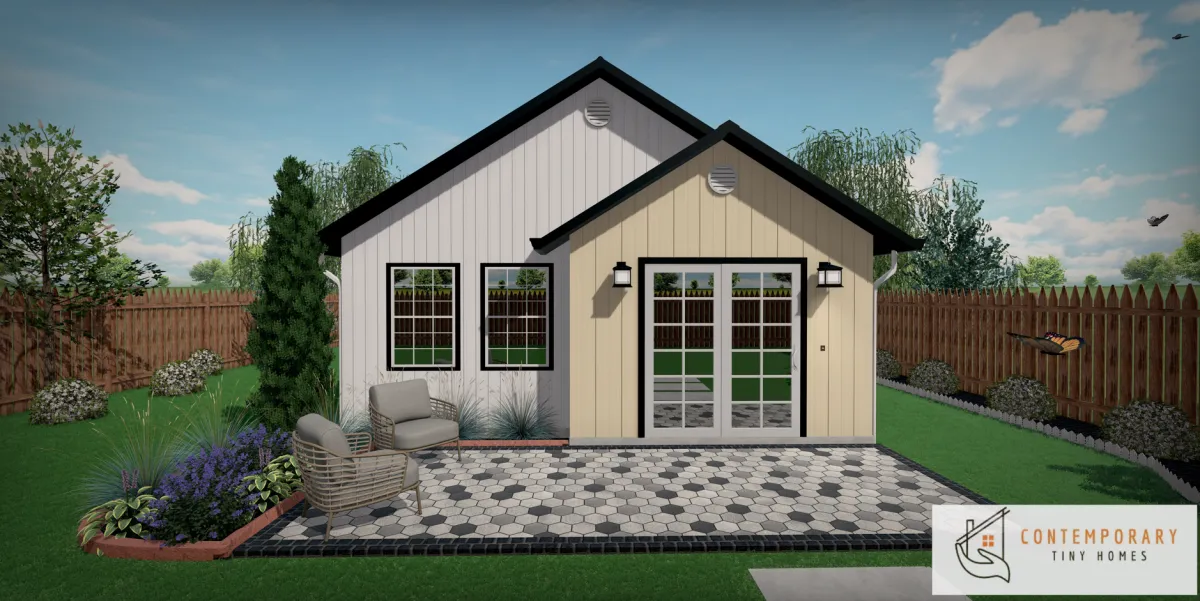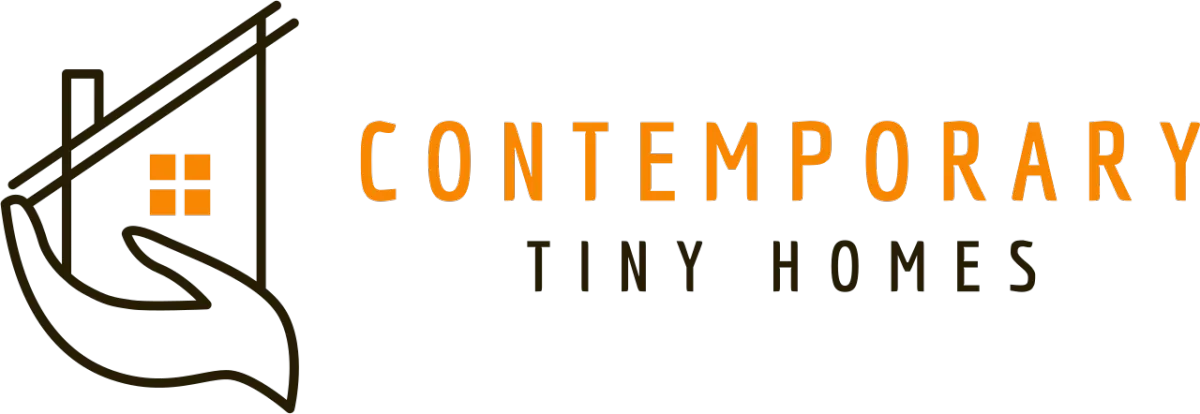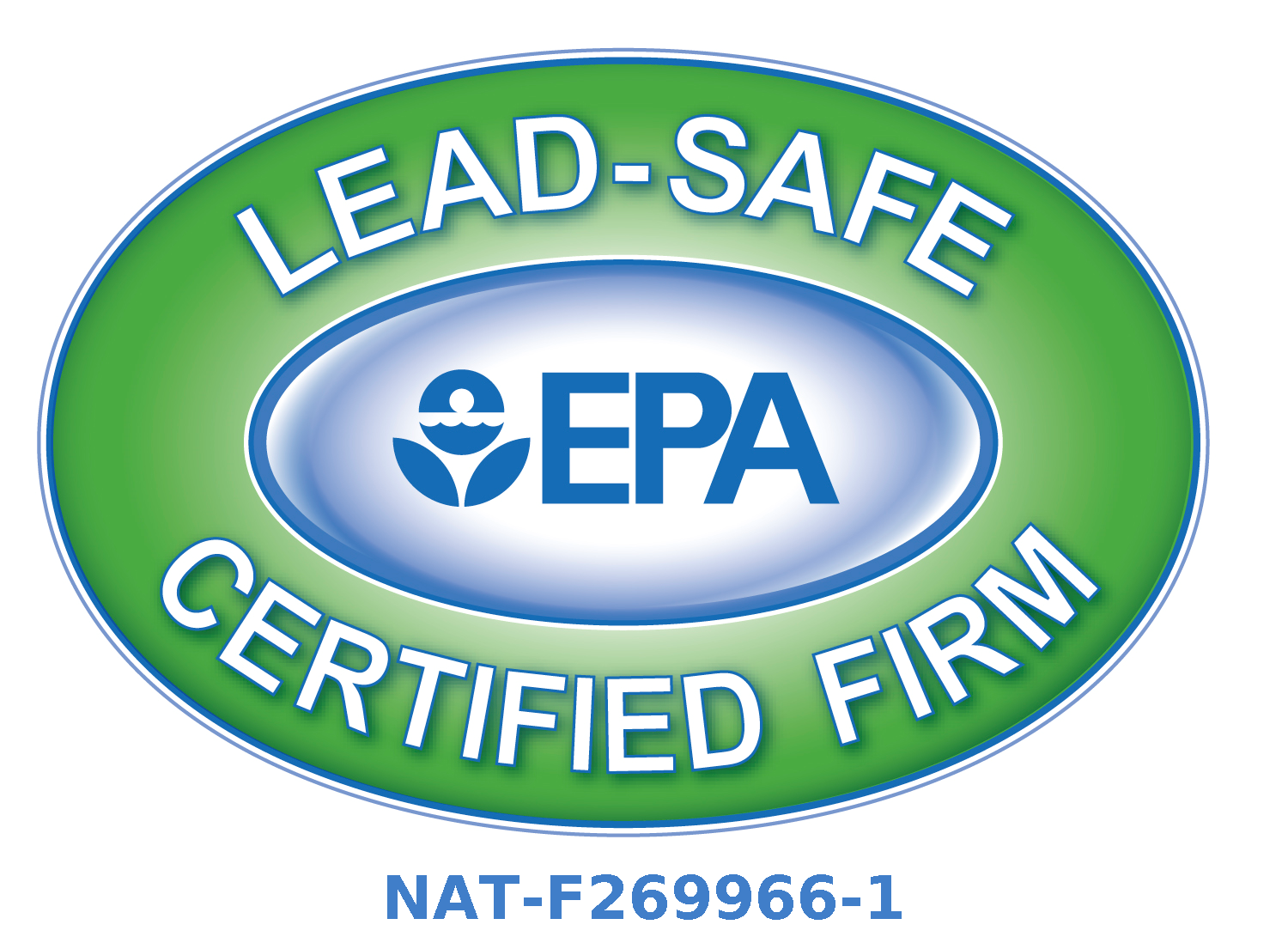Email [email protected]
Phone 860-TINY-HOM (es)
Build Your Perfect Accessory Dwelling Unit (ADU) in Connecticut
Unlock the Potential of Your Connecticut Property with an ADU
Connecticut is an ideal location for tiny homes and ADUs, with its mix of urban, suburban, and rural settings. Here’s why building an ADU or tiny home in Connecticut is a valuable investment:
Generate Rental Income: An ADU provides an additional revenue stream. Connecticut’s high demand for rental properties makes an ADU a wise investment for steady rental income.
Flexible Family Living: ADUs allow for multigenerational living by providing independent yet connected spaces for family members, from aging parents to adult children.
Guest Accommodations: Create a private, welcoming space for visiting friends and family without compromising your main home’s space.
Personal Retreats and Offices: Tiny homes make excellent home offices, art studios, or wellness spaces, ideal for those working from home or pursuing hobbies.

Popular Areas in Connecticut to Build ADUs
Connecticut’s diverse communities make it perfect for tiny homes and ADUs. Here are some popular areas for ADU construction:
Fairfield County
Known for its proximity to New York City, Fairfield County is ideal for those seeking additional rental income or guest space. Towns like Stamford and Norwalk are particularly attractive for ADU additions.
Hartford County
With a blend of suburban and urban areas, Hartford County offers a range of possibilities for ADUs, whether as rental units or multigenerational spaces.
New Haven County
Popular for its rich history and academic institutions, New Haven County is a perfect location for ADUs, especially as rental units for students or guest spaces.
From the vibrant communities of Fairfield County to the bustling urban hubs of Hartford County and the rich history of New Haven County, these regions in Connecticut are perfect for ADU construction. Whether you’re in Fairfield County’s picturesque coastal towns, Hartford County’s dynamic suburban neighborhoods, or New Haven County’s charming blend of city and countryside, Contemporary Tiny Homes is here to help you create a custom space that meets your unique needs and enhances your lifestyle.
Some of the Most ADU Friendly Towns in Connecticut
In Connecticut, some towns have taken proactive steps to allow and encourage the construction of Accessory Dwelling Units (ADUs) and tiny homes, often easing restrictions to address housing needs. The state passed Public Act 21-29 in 2021, encouraging towns to allow ADUs "as of right," meaning they can be built without needing special permits. However, many municipalities still maintain their own rules, and some have opted out of the state recommendations. Here are a few towns generally known for their more flexible ADU and tiny home regulations.
1. Norwalk - A vibrant mix of urban and suburban settings, offering high demand for rental units and multigenerational living spaces.
2. Stamford - "The City That Works" is known to be receptive to ADUs in an effort to create more housing options. It permits ADUs in certain residential zones, allowing easier development of tiny homes for guest houses or family accommodations.
3. Fairfield - Known for its coastal charm and thriving community, Fairfield is ideal for guest accommodations or personal retreats.
4. Westport - A town with a balance of natural beauty and convenience, Westport is an excellent choice for unique ADU designs.
5. Darien - With its picturesque settings and family-friendly appeal, Darien offers great opportunities for tiny home investments.
6. New Canaan - A sophisticated community ideal for guest houses, personal retreats, or expanding family spaces.
7. Weston - A serene town perfect for multigenerational living or creating a private retreat.
8. Easton - Known for its rural charm, Easton is an ideal location for personal retreats or wellness-focused ADUs.
9. Greenwich - A prestigious town with a mix of urban and suburban settings, Greenwich offers a prime location for luxury ADUs and guest accommodations.
10. Ridgefield - A picturesque town with a blend of historic charm and modern appeal, Ridgefield is ideal for ADUs designed for rental income, guest houses, or family spaces.
Key Points to Consider:
While these towns have more favorable regulations, it's always important to verify the current local zoning codes, as Connecticut towns frequently update regulations to meet evolving housing policies.
Checking for:
Permitted Zones: Ensure the property is within a zone allowing ADUs.
Owner-Occupancy Requirements: Some towns may require that either the main residence or the ADU is owner-occupied.
Size and Height Limits: Most towns limit the size and height of ADUs relative to the primary residence or the property’s total lot size.
Parking Requirements: Many municipalities have reduced or waived parking requirements for ADUs, but some still impose them, especially in denser areas.
Working closely with town officials or zoning departments will be the best way to confirm current rules and gain insights into any upcoming changes.
Get Started with Your Connecticut Tiny Home Project
Ready to create your dream tiny home or ADU in Connecticut? Schedule a free consultation today to discuss your project.
Email [email protected]
Phone 860-TINY-HOM (es)

Copyright 2026. All rights reserved. Norwalk, CT
Connecticut's New Home Construction Contractor License: #NHC.0017654
EPA Lead-Safe Certified NAT-F269966-1


